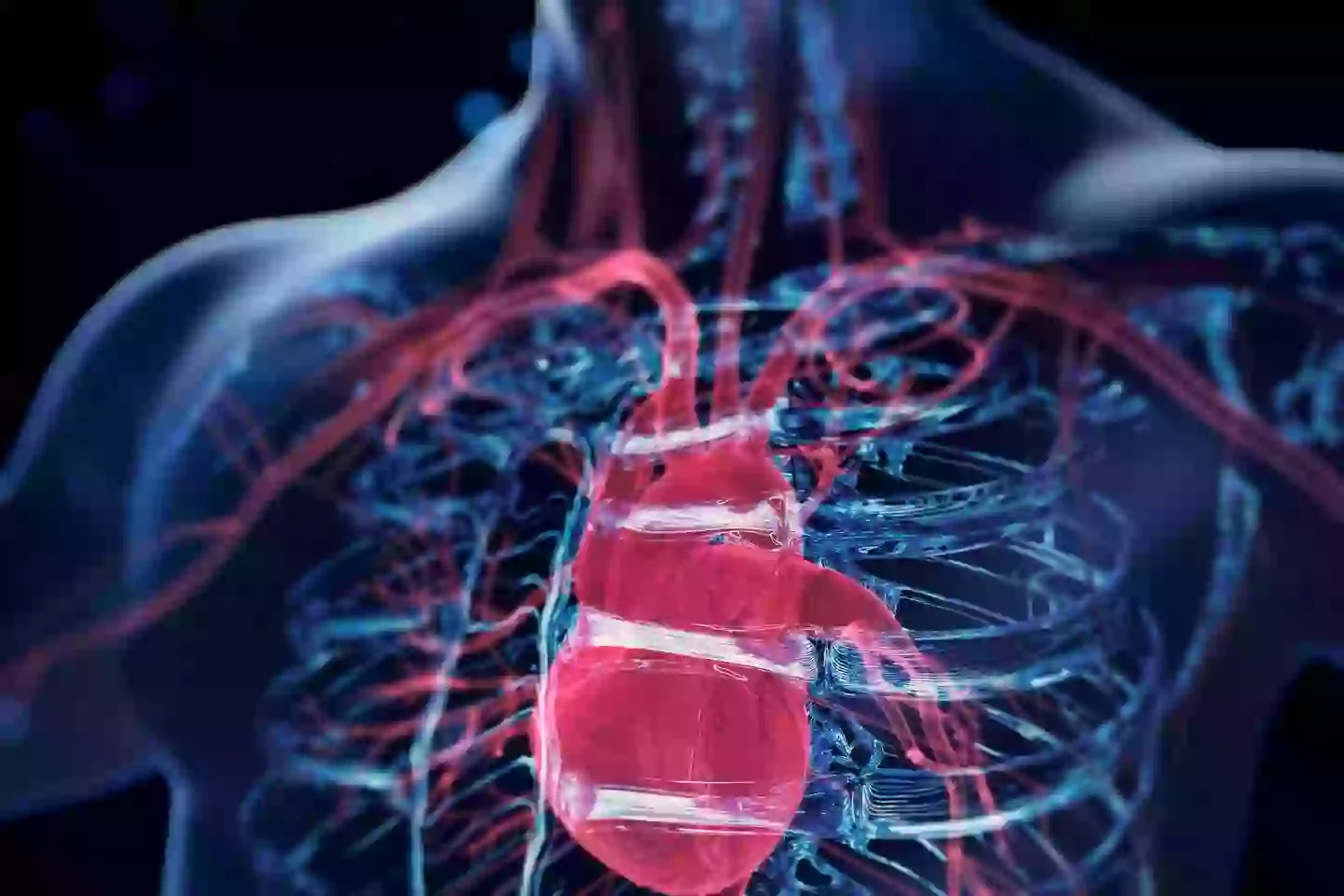An individual in China discovered that what he assumed to be symptoms of a severe hangover were actually a sign of a more serious condition.
Occasionally, after a night of drinking, you might wake up looking a bit different, depending on your activities the previous evening.
In this case, the man’s face became considerably swollen following a night of drinking. Initially attributing it to a hangover, he soon realized something was amiss.
The 33-year-old sought medical attention for his facial swelling, and after three months, he finally received a diagnosis. His rare case was reported by medical professionals in the Journal of Medical Case Reports.
Fortunately, he identified the cause of the swelling just in time.

At first, doctors suspected he had an excess of protein in his urine and discharged him.
However, subsequent examinations revealed the man’s actual condition.
He was diagnosed with a rupture of a sinus of Valsalva aneurysm (RSOVA), which doctors concluded was triggered by exercising after consuming alcohol.
RSOVA is characterized by the swelling and rupture of a part of the aortic wall in the heart, potentially resulting in heart failure and cardiac arrest.
This condition can also present unusual symptoms such as facial swelling, which are not commonly linked to heart issues.
Medical professionals suggested that his rupture was probably caused by ‘strenuous’ activity post-drinking, which led to swelling around his face and eyelids in the previously healthy individual.
Initial cardiac evaluations at the hospital did not reveal any issues, and observing high protein levels in his urine, the medical team prescribed medication to manage his condition.
Unfortunately, the situation worsened.
The swelling expanded to other areas of his body, and he began experiencing chest tightness and a distended abdomen.

After multiple hospital visits, he was eventually assessed by doctors at the emergency department of Qilu Hospital in Qingdao, who diagnosed the condition and documented it in a medical paper.
The doctors noted that the initial examiner overlooked ‘key indicators of a ruptured sinus of Valsalva aneurysm,’ which resulted in a ‘misdiagnosis [that] delayed appropriate intervention.’
The report stated: “As the disease progressed, the patient’s symptoms worsened significantly, which posed a serious risk.”
“Upon admission to our hospital, he exhibited clear signs of acute right heart failure.”
With evidence of an enlarged organ, the diagnosis of RSOVA was confirmed, and an aneurysm measuring 24mm by 27mm was found affecting one of the heart’s four chambers, necessitating emergency surgery.
The surgery was successful, and the patient made a full recovery 18 months later.
RSOVA is a rare condition, affecting approximately 0.09 percent of the population.
Symptoms of RSOVA may include chest pain, shortness of breath after physical activity, heart palpitations, fainting, and a continuous mechanical heart murmur.

